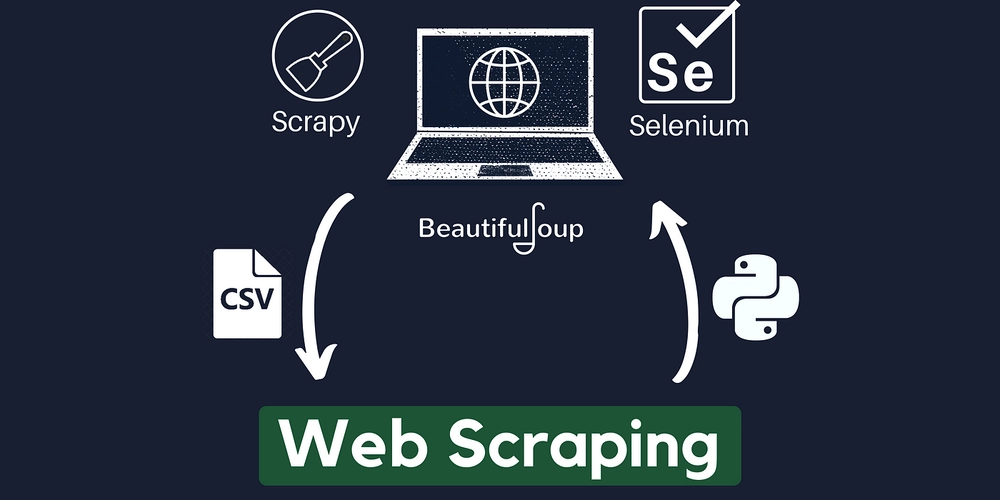What Exactly Is a Proxy?
Before building your own proxy network, it’s essential to understand what a proxy means in the context of web scraping. Once you grasp its role, you’ll see how it helps bypass website blocks.
An IP address is mandatory for internet communication. When browsing websites, your IP is transmitted, exposing two critical details: your geographic location and ISP. This explains why platforms like Weibo and Zhihu now display users’ IP geolocation.
Think of a proxy as an “invisibility cloak” that masks your real IP address. With a proxy, you can access geo-restricted content. When scraping, the target website sees the proxy server’s IP instead of yours, significantly improving data collection reliability.
Sounds great, right? Want to start using proxies? The answer is simple: leverage services like 2808Proxy (among others).
How Do Proxy Servers Work?
A proxy server acts as an intermediary between you and a website. Providers assign you an IP from their proxy pool to handle your traffic anonymously.
Why Are Proxies Essential for Web Scraping?
Most scraping projects require proxies. Large-scale scraping of well-protected websites is notoriously challenging. HTTP/HTTPS requests often trigger blocks—recall those frustrating 4xx/5xx status codes during e-commerce scraping?
Common blocking triggers include:
- IP Geolocation Restrictions
Example: The Lord of the Rings might be unavailable on Netflix’s India-region library. If a website detects scraping from an unauthorized region, it may block access to prevent server overload. Proxies with local IPs solve this for market research or regional feature testing. - IP Rate Limits
Modern websites cap requests per IP. Exceeding thresholds triggers CAPTCHAs or blocks to differentiate bots from humans. Before mass-scraping e-commerce data, ensure your request speed aligns with your IP pool size.
Are Proxies Secure?
We legally obtain IPs from ISPs under contractual agreements. This necessitates user real-name authentication to ensure compliance.
Scraping ethically—following robots.txt, sitemaps, and website terms—keeps your activities unflagged. Always respect best practices and target sites’ policies.
Choosing the Right Proxy Type
Select proxies carefully based on your target site. Options include:
- IDC Proxies (datacenter IPs, cost-effective for low-risk tasks).
- Residential Proxies (ISP-assigned IPs, ideal for high-security sites like Amazon).
The term “proxy types” itself can be confusing. We’ll demystify this in our next blog post.
Key References:
- IP Geolocation Best Practices (IETF, 2023): RFC 8805
- Web Scraping Legal Guidelines: Electronic Frontier Foundation
- Rate Limiting Standards (Cloudflare, 2024): Rate Limiting Docs
